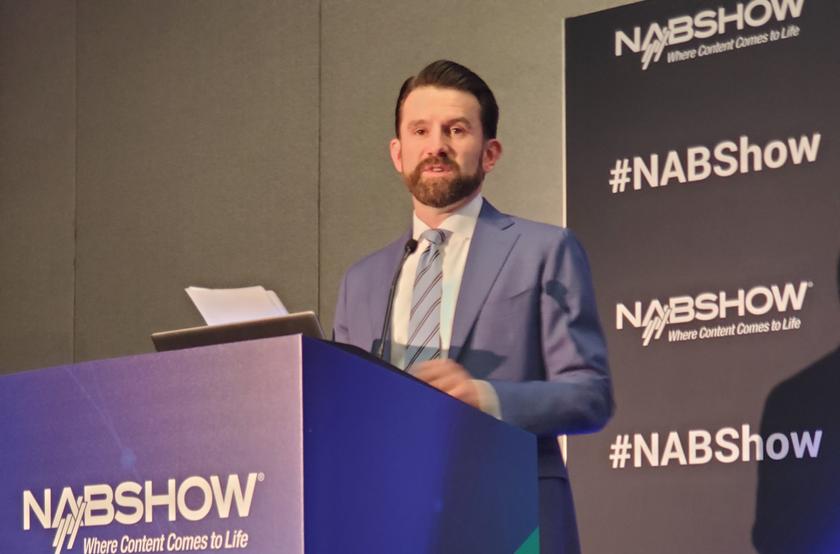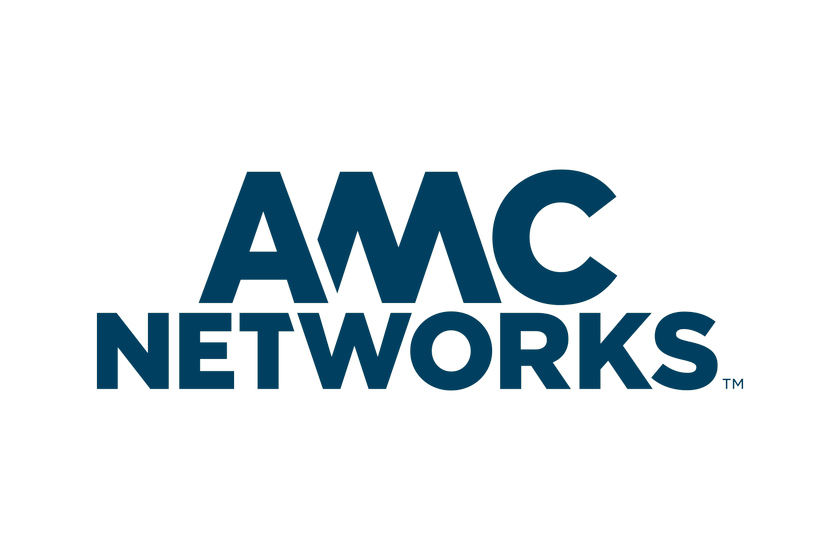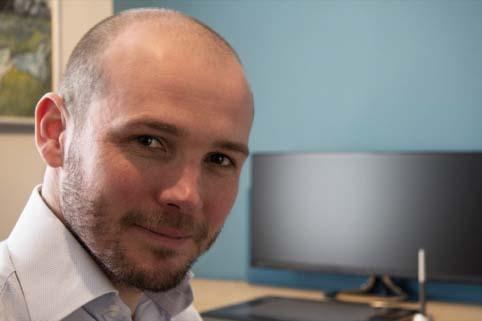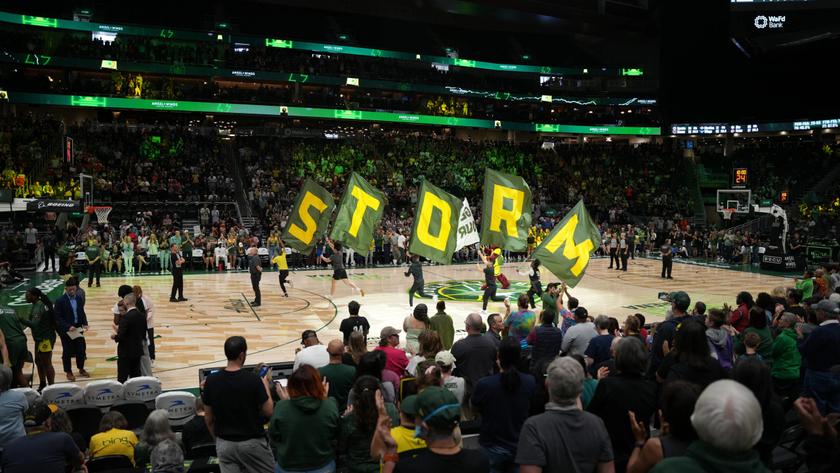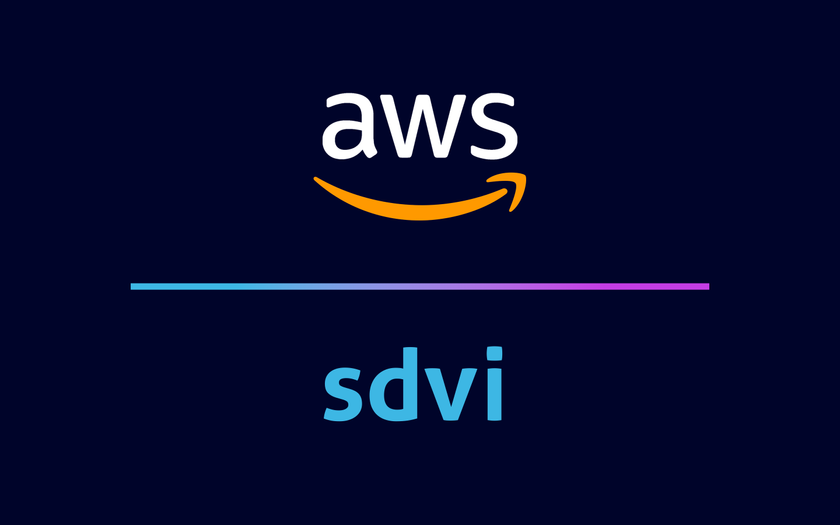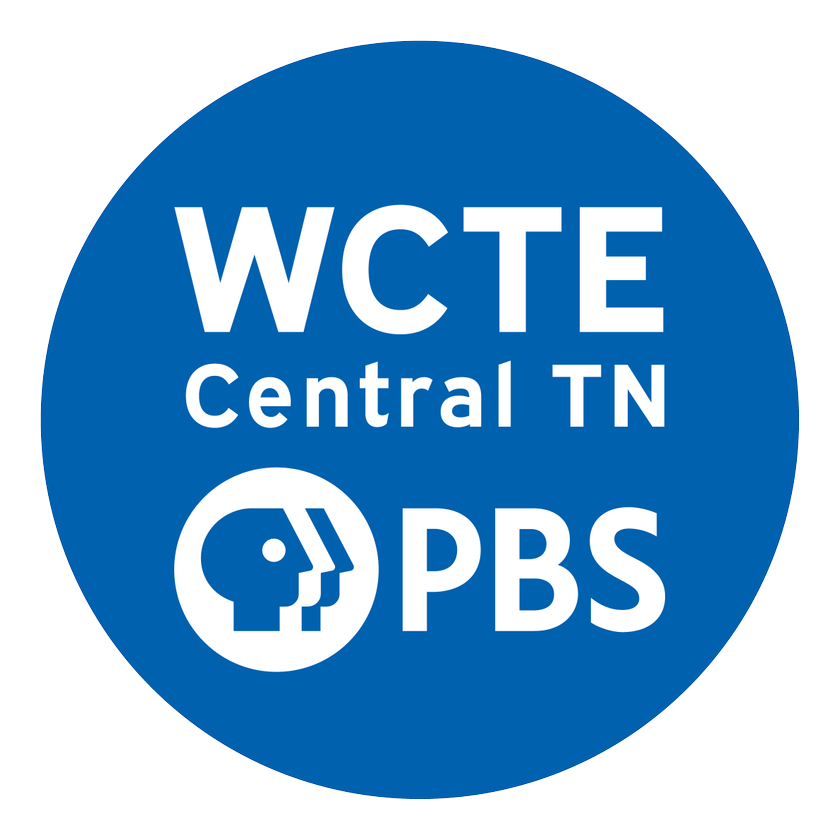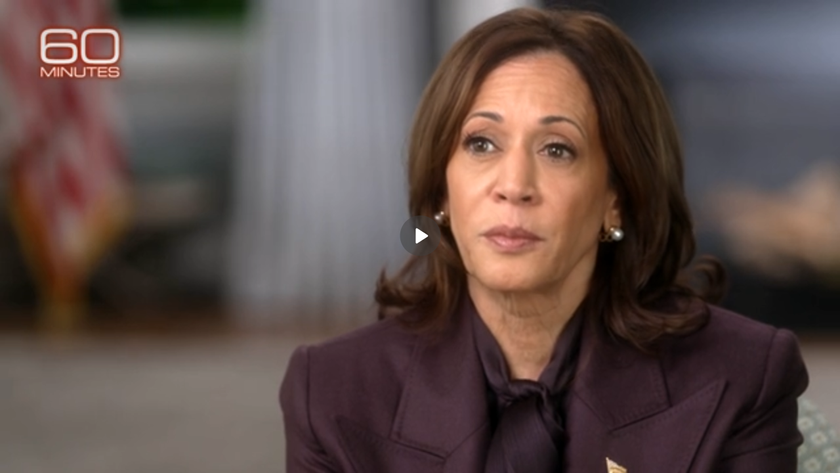Research: Technologists Prefer Hybrid or Remote Work Options
Few tech employees prefer working in the office full time, according to a new survey from Dice
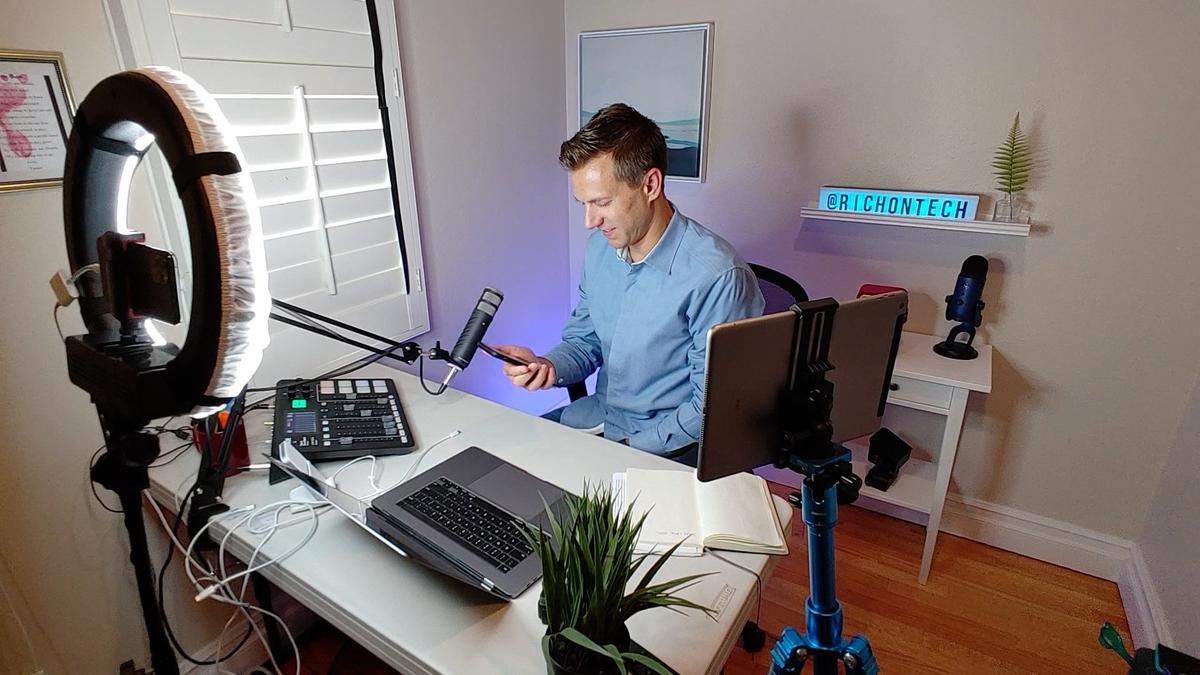
CENTENNIAL, Colo.—In a survey that highlights many key issues facing companies as they begin to reorganize their post-pandemic tech teams and workplaces, the “2021 Technologist Sentiment Report” from Dice, found that technologists clearly prefer hybrid and 100% remote options over working full-time in an office.
Less than one in five technologists (17%) find working in the office full-time to be extremely or very desirable, compared to 59% for both 100% remote and hybrid approaches. But the report also found a great deal of interest in hybrid approaches that mix remote work and being in the office.
"It's been incredibly interesting to see how technologists' working preferences have changed before and during the pandemic,” said Art Zeile, CEO of Dice, a DHI Group brand that provides a tech career hub connecting employers with skilled technology professionals. “While many technologists would still prefer to work 100% remotely, there is an equal desire for a hybrid approach, and we’ve actually seen fewer remote days per week become more desirable over the past year. The companies who succeed in attracting and retaining top talent will be those who take the time to build an agile approach that gives technologists flexibility and control over their work environment.”
The report noted that the desire to work remotely five days a week in Q2 2021 (29%) has significantly declined from the fourth quarter of 2020 (41%), showing a preference for a hybrid work model, the report said.
Currently, tech professionals are most enticed by the cost-savings of remote work (70% in Q2 2021 vs. 61% in Q4 2020) and more flexibility/schedule control (67% vs. 65%), the report said. Some of the additional benefit shifts since last year are increased health for technologists’ lifestyles (up nine percentage points), the report explained.
On the negative side, the report found that 51% of technologists said remote work made it harder to develop and maintain working relationships with colleagues (up from 40% in Q2 2020), and 34% claimed they were having difficulty maintaining an effective relationship with their manager (up from 22% in Q2 2020).
The Dice "2021 Technologist Sentiment Report" surveys technology professionals on such key issues including remote and flexible work, workload and work-life balance, job and career satisfaction and their outlook on the tech profession in a post-pandemic world.
Get the TV Tech Newsletter
The professional video industry's #1 source for news, trends and product and tech information. Sign up below.
In terms of burnout, the survey found higher levels of burnout in the second quarter of 2021 compared to the fourth quarter of 2020.
However, technologists 55 and older reported significantly lower levels of burnout than those between the ages of 18 and 34. Fewer technologists in the 55+ group (35%) also reported an increase in workload during the pandemic, compared to their 18-34-year-old colleagues (47%).
In another notable finding, 24% of technologists feel their work-life balance is worse than pre-pandemic due to increased demands, workforce shortages, no set boundaries between home and work. Roughly three-quarters of technologists feel their work-life balance is better (33%) or the same (43%) as it was before COVID-19.
Despite these problems, the survey found a lot of optimism among technologists. Satisfaction with career (75% Q2 2021 vs. 67% Q4 2020), job (65% vs. 55%) and remote work status (84% vs. 80%) are all notably up in Q2 2021 compared to Q4 2020.
However, as companies emerge from COVID-19 lockdowns, 48% of technologists in Q2 2021 expressed an interest in changing companies in 2021, up from 40% in Q4 2020, and a big jump from 32% in the second quarter of 2020.
George Winslow is the senior content producer for TV Tech. He has written about the television, media and technology industries for nearly 30 years for such publications as Broadcasting & Cable, Multichannel News and TV Tech. Over the years, he has edited a number of magazines, including Multichannel News International and World Screen, and moderated panels at such major industry events as NAB and MIP TV. He has published two books and dozens of encyclopedia articles on such subjects as the media, New York City history and economics.




